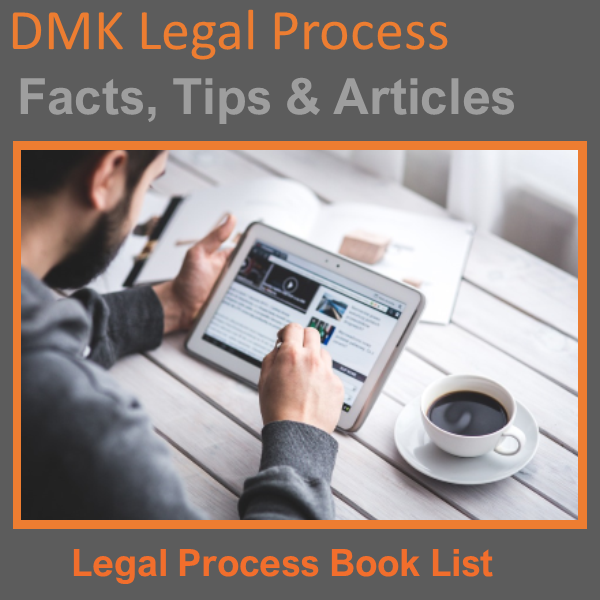Adultery may make a difference in your divorce regarding your financial settlement/judgement, to include support and the distribution of marital debts and assets.
Laws vary in each state, so it's important to speak with a local attorney to get legal advice based on your state's regulations and statutes.
What is a divorce settlement?
A divorce settlement details the final legal terms of the divorce negotiated between a husband and a wife, sometimes with the help of a mediator, attorney(s) or other pertinent professionals.
Upon signing the divorce settlement and upon acceptance by the court it's incorporated into a document, often referred to as a Divorce Decree. It's the formal, legal dissolution of a marriage.
It's exceedingly difficult to appeal the final judgement, especially if it was reached through a settlement agreement. A modification of the final judgement may be possible if specific changes (e.g., illness, job loss, moving, etc.) occur following the divorce. Most typically, a modification is only allowed for maintenance (alimony), child support and/or custody.
Common ways to reach a settlement
If you and your spouse have not already decided on the settlement details, unless legally advised otherwise, you can negotiate all terms of the settlement yourselves and have your attorney(s) complete the legal paperwork and filing. This can save a great deal of time, frustration, and money. Otherwise, you can each hire attorneys to represent you in the negotiations and/or hire a mediator or arbitrator. The court must approve the settlement before it becomes the Final Judgement of Divorce.
If there's still a breakdown in negotiations, then a court battle is the next and final means. The judge will make decisions related to specific issues the couple cannot agree upon or decide all the terms of the divorce. The cost is usually much higher, both emotionally and financially, when the divorce goes to trial. In many cases, the judge will order the couple to participate in mediation prior to the trial.
How does adultery affect the settlement/judgement?
Often, the effect of adultery on a settlement is technically minimal since the terms are being established by both spouses. However, it's likely to cause the spouse who was cheated on to be less "giving" on the terms of the settlement which could delay the couple from reaching a settlement and/or cause the case to go to court. If it does, then the state laws will be applied, which may make adultery more relevant in the overall judgement. Adultery generally does not affect child custody.
Keeping in mind that each state's laws vary (e.g., some states are no-fault states), the information below provides the basics regarding the effect on the Final Judgement of Divorce when adultery has occurred and/or is part of the petition. Only a licensed attorney can give you specifics as they are relevant to your case and state statutes.
Adultery Fast Facts
Infidelity may be considered in financial settlements, asset allocation, child custody and spousal support.
- The injured party may make negotiating much harder on the spouse who committed adultery. This may make reaching a settlement cost more, take longer and/or require litigation.
- Adultery is generally less of a consideration (when decided by a judge) in deciding support and the distribution of assets than are the financial considerations of each spouse. But some states require the judge to consider each spouse's behavior, among other aspects of the case, during the marriage when considering his/her judgement, specifically regarding the allocation of debts and assets (even in no-fault divorces). However, most no-fault states may still consider adultery, if applicable, in determining if alimony should be awarded and its amount.
- The financial impact is often nominal on the judgement, and many consider it to be counterproductive when considering the extra time and money to add adultery as grounds for the divorce, if contested. Most times it will only be considered in the division of assets, rather than a larger financial award/support.
- If your state is a no-fault state or you have elected a no-fault divorce within your state, then the "injured party" does not need to prove adultery for the divorce to be granted by the court. But it may still be considered as part of settlement talks and/or if the case goes before a judge or commissioner to decide some or all terms of the divorce.
- If the case goes to court, the judge will divide property and assets fairly and, in many cases, equally (heavily dependent on if the case is in a community property state or equitable distribution state). However, if a spouse has compromised the couple's assets, such as a joint bank account through the adultery, such as using the couple's assets to make purchases for a girlfriend or boyfriend of the cheating spouse, then those funds could be considered in negotiating a settlement or when decided by a judge, with a greater amount awarded to the "injured party" for reimbursement.
- Adultery does not need to be the grounds for divorce for it to influence the judgement.
- Many times, the effect of adultery is based on the judge's subjective opinion and more favorable, overall award to the plaintiff or "injured party", rather than a specific amount noted in the terms of the divorce based on infidelity. The risk of going to trial with one spouse's threat of using the adultery against the other to gain a better judgement may have a significant impact on many adulterous spouse's choice to settle during negotiations, including mediation.
- In most cases a wife's spousal support or child support won't be affected or reduced if she was unfaithful.
- Adultery is rarely considered in child custody cases.
- An adulterous spouse can still get custody of a child if he/she shows herself to be a satisfactory guardian for the child.
- A court can consider failing to grant custody of a child to a parent if the court feels the parent has been neglectful of a child due to adultery.
Disclaimer
The information provided by respective owner's ("we", "us" or "our) on Divorce Me Knot (referenced also as "DivorceMeKnot.com", "dmk", "DMK", "OurDMK.com", "OurDMK", "application" or "site") is for general informational purposes only and is subject to change with or without notice. All information on our site and application is provided in good faith, however we make no representation, guarantee or warranty of any kind, express or implied, regarding the accuracy, validity, adequacy, reliability, availability or completeness of any information on the site or application.
The information in articles and all content on this site should not be considered psychological or behavioral health therapy, counseling or legal, financial, real estate, mortgage, insurance or professional advice. It should not be used in place of professional advice from a counselor, therapist, physician, behavioral health professional, legal, real estate, mortgage, insurance, financial advisor or other licensed professional or credentialed expert in related subject matters. Providers of content on this site, herein known as "Contributors" (inclusive of, but not limited to writers, bloggers, editors, employees, developers, graphic designers, advertisers, partners, affiliates, references, experts, professionals and site owners) are not legally liable for any misinformation, errors or omissions.
Under no circumstances should DMK and/or it's Contributors have any liability to users of the site for any loss or damage incurred to users as a result of the use of this site or application or reliance of any information provided on the site or application. Use of the site or application and reliance on any information from the site or application is solely at the user's own risk.
For complete site disclaimers review "Disclaimers" on this site or click the link below.





 How to resolve AdBlock issue?
How to resolve AdBlock issue?